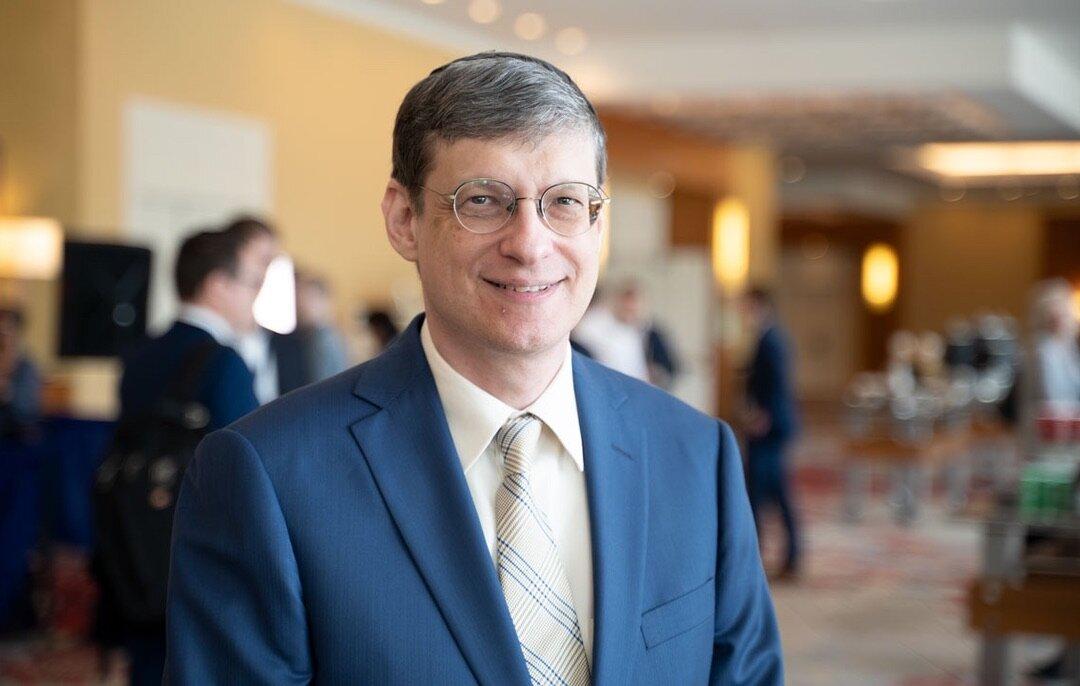“A conservative,” says Yoram Hazony, “considers national and religious traditions key to strengthening the nation and to maintaining it over time.”
In a recent episode of “American Thought Leaders,” host Jan Jekielek talks with Hazony, chairman of the Edmund Burke Foundation, president of Jerusalem’s Herzl Institute, and author of the new book “Conservatism: A Rediscovery.” Hazony believes that the myopic focus on individual liberties by both old-style liberals and many conservatives has led to the destruction of the family and national cohesion, giving rise to an ever more radical left.






